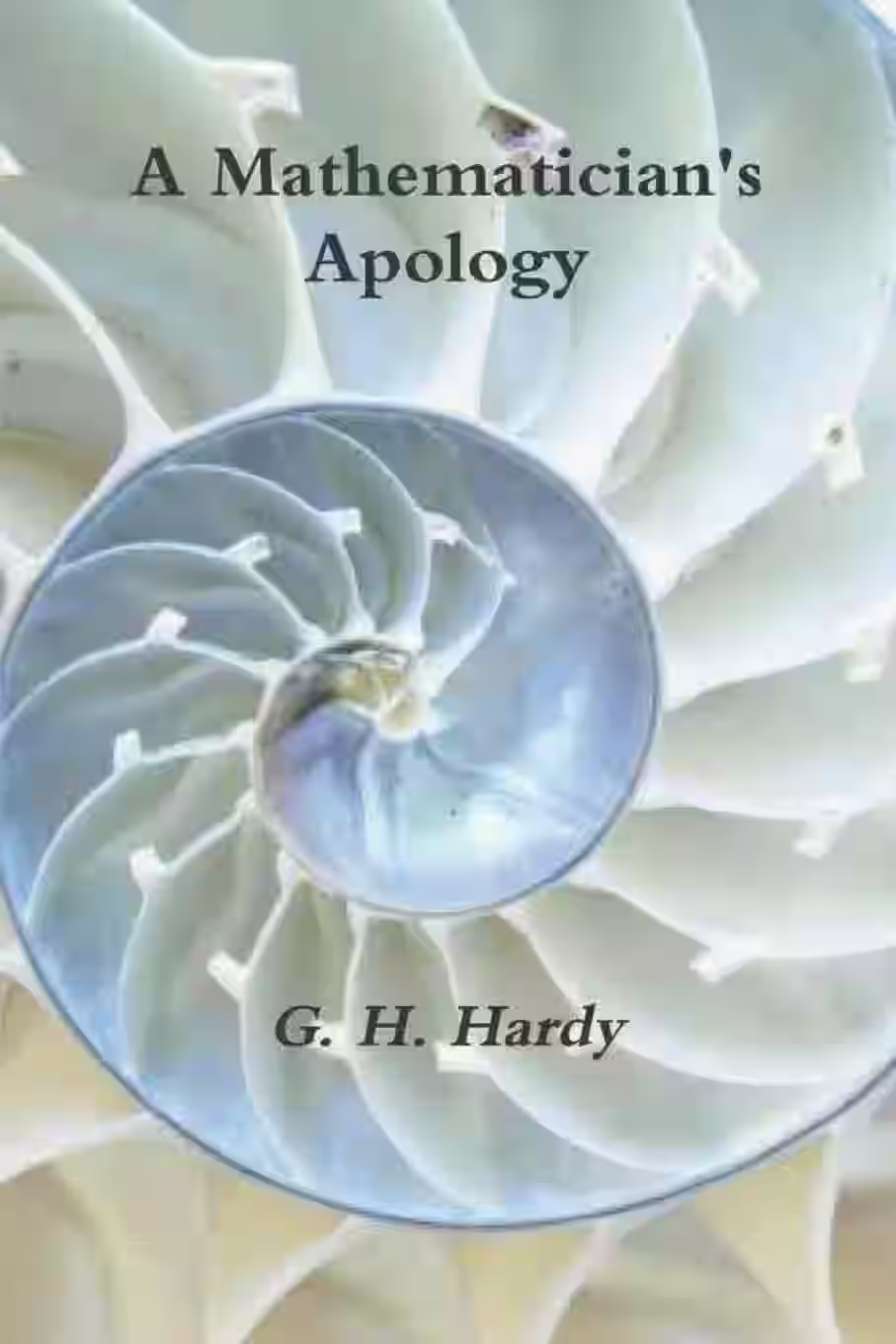
In this reflective essay, esteemed mathematician G.H. Hardy defends pure mathematics, emphasizing its intrinsic beauty over practical applications. Written during his later years, Hardy offers insights into the creative process of mathematical thought and the aesthetic pleasure derived from abstract reasoning. The work serves as both a personal memoir and a philosophical treatise, highlighting the enduring value of intellectual pursuits for their own sake.
About G.H. Hardy
A prominent English mathematician, primarily known for his achievements in number theory and mathematical analysis. He is also known for his memoir, A Mathematician's Apology, which offers a unique and personal insight into the beauty and aesthetics of mathematics and the mind of a pure mathematician. Hardy's eloquent defense of the intrinsic value of mathematics continues to inspire aspiring scholars.
Similar Books
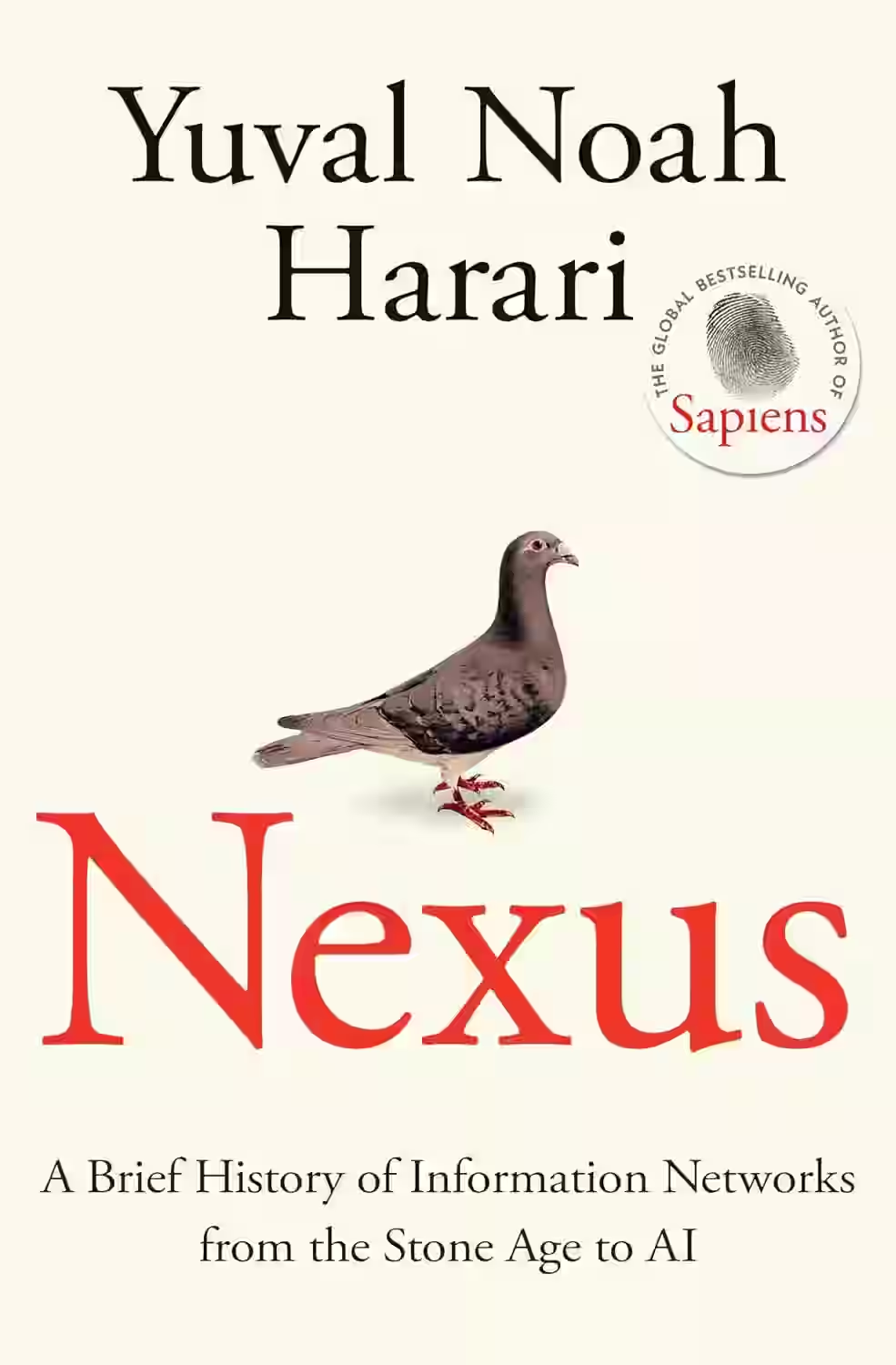
Nexus
In a future where mind-enhancing nanotechnology connects brains like apps, a young scientist develops Nexus 5, a powerful upgrade that could revolutionize human evolution—or destroy it. Caught between shadowy government forces and post-human extremists, he must navigate a dangerous world of espionage, ethics, and power struggles. Fast-paced and thought-provoking, Nexus explores the limits of human potential and the morality of scientific progress in a near-future thriller that blends cyberpunk and biotech with philosophical depth.
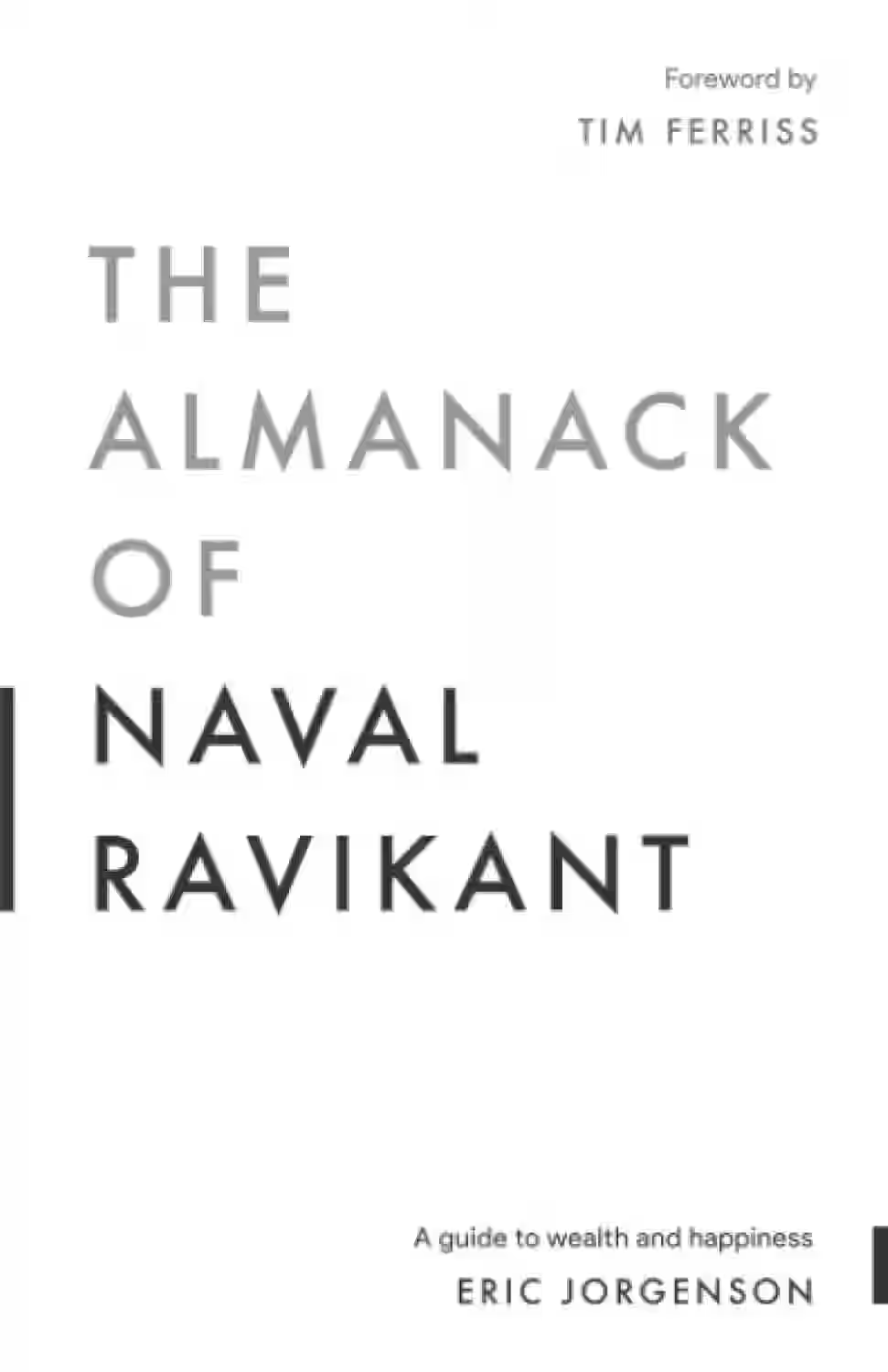
The Almanack of Naval Ravikant
by Eric Jorgenson, Jack Butcher, Tim Ferriss
This curated guide distills Naval Ravikant’s wisdom on wealth, happiness, and self-improvement, drawn from his tweets, podcasts, and essays. It blends philosophy, mental models, and practical advice for living a rich life—both materially and emotionally. The Almanack encourages clear thinking, long-term decision-making, and personal freedom, becoming a go-to for entrepreneurs and thinkers.
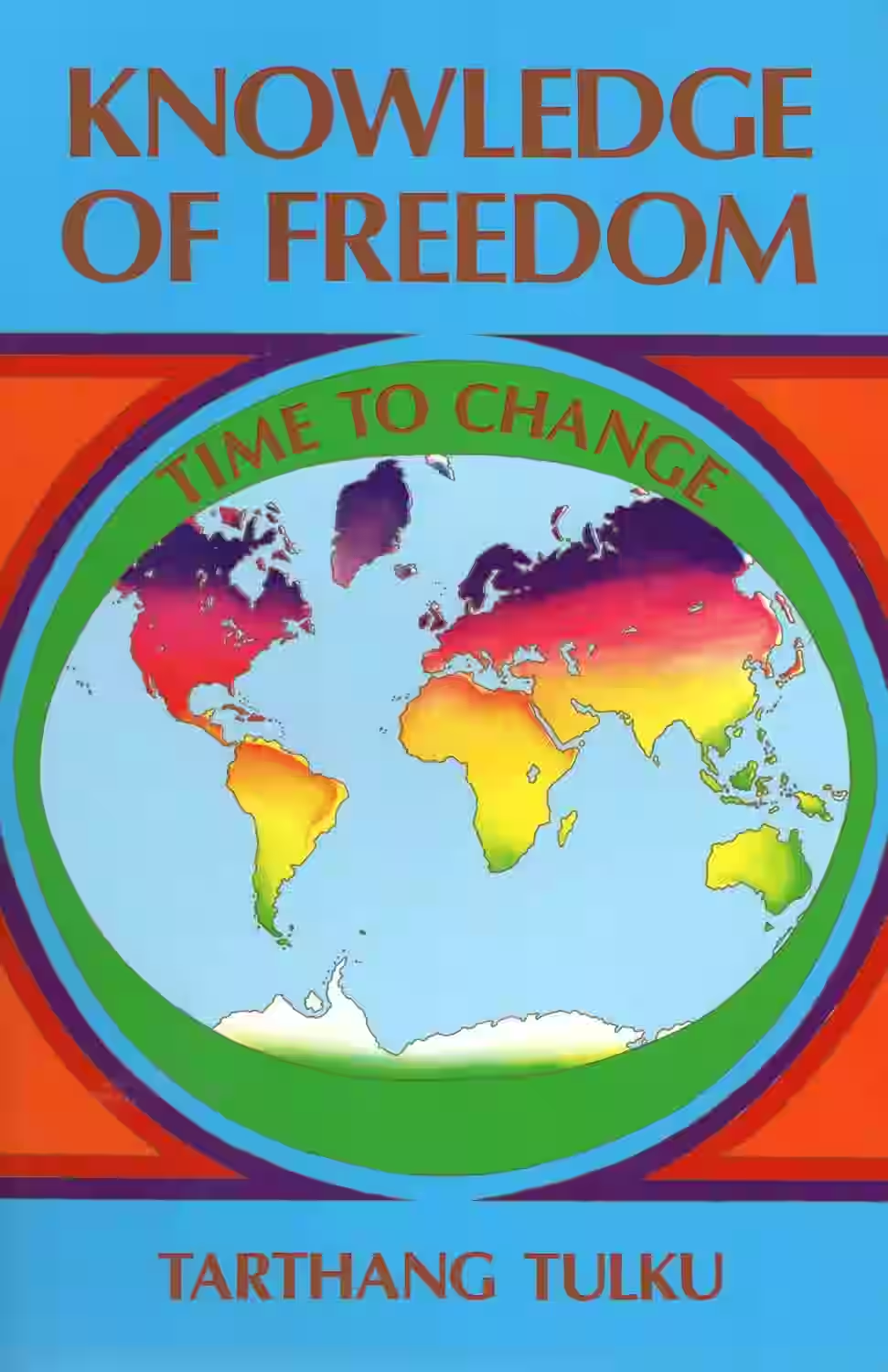
Freedom from the Knowledge
Freedom from the Known is a collection of profound and accessible talks by spiritual teacher Jiddu Krishnamurti. He explores the nature of thought, fear, and the search for truth, urging readers to break free from conditioned beliefs and seek direct understanding through self-awareness and questioning.
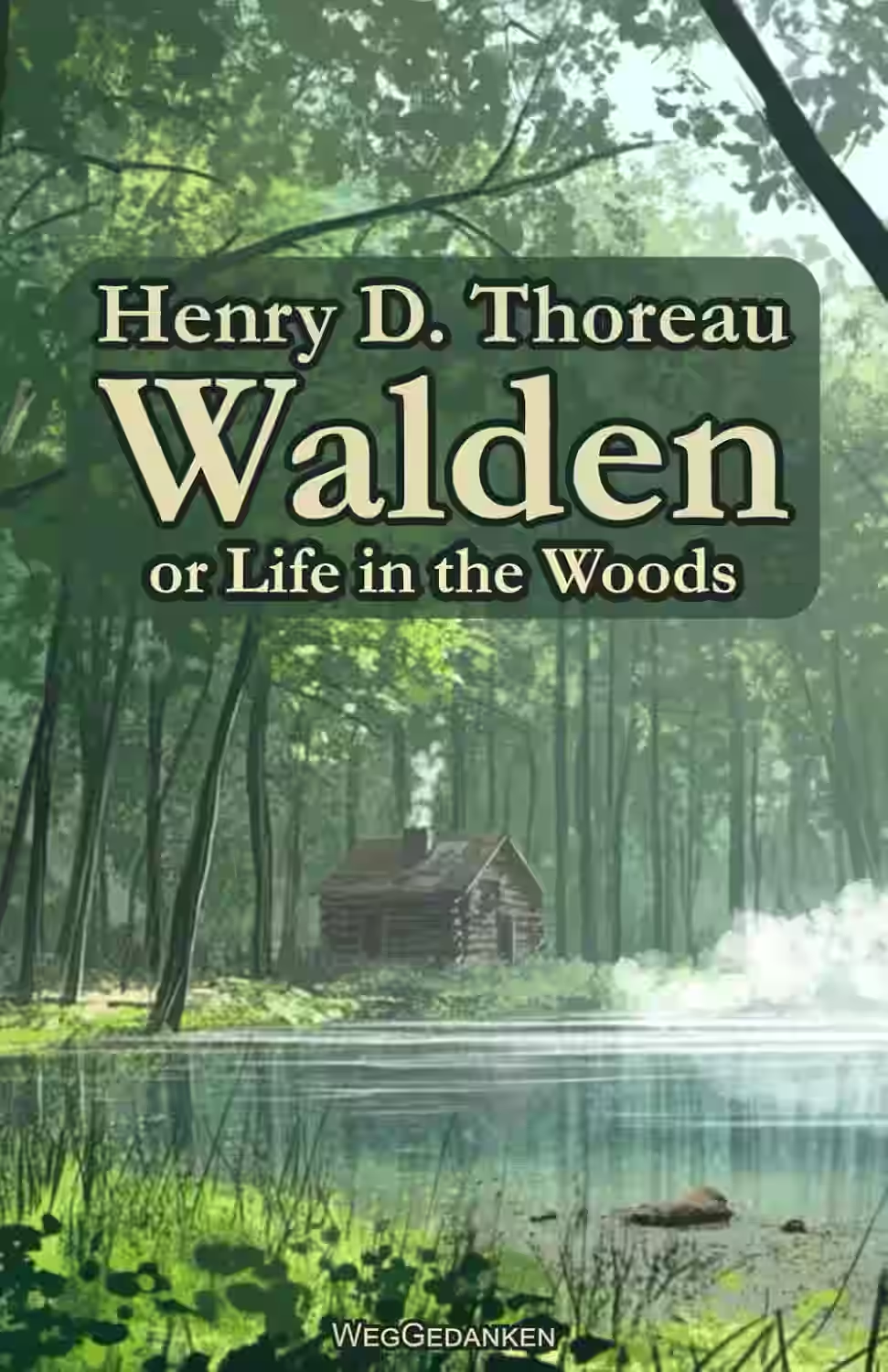
Walden
In Walden, Thoreau reflects on his experiment of simple living in a cabin near Walden Pond. Through observations of nature and philosophical musings, he advocates for self-reliance, introspection, and a deeper connection with the natural world. The work challenges materialistic values and encourages readers to seek fulfillment beyond societal conventions. Thoreau's contemplative prose offers timeless insights into the human condition and the pursuit of a meaningful life.